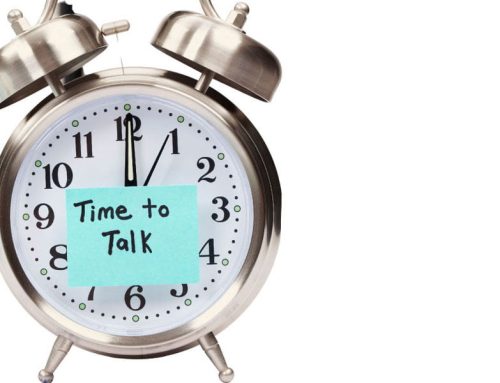Domestic abuse isn’t something that occupies a great deal of time in the headlines, in print or broadcast media.
However, that doesn’t apply to the Depp vs Heard case. These are not criminal proceedings; each of them brought civil actions against the other, firstly instigated by Depp in London in 2019 and then currently, by Depp, in Fairfax, Virginia, USA, with Heard counter-suing.
If the intense coverage is anything to go by, it seems the world is gripped by the lurid goings-on that occurred within their relationship. The press and the public are clearly taking sides, with Mr Depp feeling most of the love.
Whilst some may be enjoying feelings of schadenfreude at the thought of wealthy, adored, glamorous people succumbing to the squalid reality of domestic violence, I and colleagues have personally found the whole thing quite uncomfortable and difficult to watch.
It does though emphasise that domestic abuse can affect anyone, regardless of wealth and status. As it unfolds though, it highlights a more subtle dynamic that leads to very problematic relationships. One I’ve encountered in numerous cases. Two people, fairly equal in the power balance stakes, who clearly love each other, get locked into endless rounds of rows and physical violence fuelled by jealousy, alcohol and other substances. This doesn’t appear to fit the more common perception of domestic abuse, ie. a power imbalance scenario of a controlling or aggressive abuser and vulnerable victim.
Trying to establish who’s to blame is missing the point. Blame isn’t the issue. Stopping it is what matters. And that is difficult when you have two consenting adults who seem to be locked into perpetual conflict.
At the Virginia trial, a therapist who worked with the couple during their difficulties, Dr Laurel Anderson, testified: “Ms Heard had a jackhammer style of talking,” the clinical psychologist said. “She was very amped up. He had trouble talking at a similar pace. He was cut off a lot.” Ms Anderson testified to both Ms Heard and Mr Depp’s family histories of domestic violence. Ms Heard was beaten by her father, she said, and Mr Depp was beaten by his mother. Mr Depp had been “well controlled” for decades before meeting Ms Heard, and did not engage in violence with past partners. “With Ms Heard he was triggered they engaged in what I saw as mutual abuse.”
Mutual abuse. It is an interesting phrase, and in all the years I’ve been involved in Safeguarding I’ve never heard it used as a heading for a category before, although the concept is very familiar to me. In the cases I’ve worked on it’s very difficult to make the situation safe, even when serious physical or psychological harm is done. They are also difficult to prosecute through the courts. The police in the UK refer to these cases as “word on word” and the Department of Public Prosecutions isn’t keen on cases like that getting to trial. It’s only if any children of the couple witness the abuse that agencies can get a grip on the situation, as that puts the police in a much stronger position to bring criminal proceedings under The Children Act 1989.
Ultimately Amber Heard and Johnny Depp did the right thing and got themselves out of a marriage that was never going to work. And more importantly, they got out of it alive!
And that would be the best advice I could give anyone experiencing this kind of mutually abusive relationship, seek support and walk away.
Sadly though, this celebrated ex-couple’s pain continues as the world looks on, and as each of them tries to salvage something of their reputation at the expense of the other. Mutual abuse indeed.
Steve Wilcox, Psychiatry-UK Safeguarding Lead





Leave A Comment